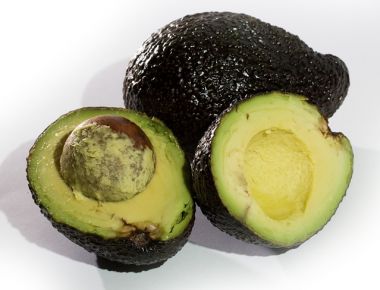More guacamole please: Avocados may help treat leukaemia

Avocados have long been known to be a delicious ingredient for food, especially for Mexican cuisine such as guacamole. This fruit, known for its smooth and buttery taste, was recently found to have another benefit: It may help in treating a certain type of leukaemia.
Professor Paul Spagnuolo of the School of Pharmacy at the University of Waterloo in Ontario, Canada, discovered that a group of molecules or lipid in the avocado, called avocatin B, may provide a cure to acute myeloid leukaemia (AML).
AML is a rare and deadly form of cancer which has proven fatal to 90 percent of patients over 60 years old in a span of five years.
Spagnuolo's research showed that avocatin B targets leukaemia stem cells, without causing harm to healthy cells.
"The stem cell is really the cell that drives the disease. The stem cell is largely responsible for the disease developing and it's the reason why so many patients with leukaemia relapse," Spagnuolo said in a press statement accompanying the publication of his study in the top oncology journal "Cancer Research."
"We've performed many rounds of testing to determine how this new drug works at a molecular level and confirmed that it targets stem cells selectively, leaving healthy cells unharmed," the professor added.
Spagnuolo ultimately hopes to develop a drug using the lipid derived from avocados that will help lengthen the life span of AML patients.
The researcher, in partnership with the Centre for Commercialisation of Regenerative Medicine (CCRM), recently applied for patent for the use of avocatin B to find a cure for AML.
"It's an exciting time for our lab. With the help of CCRM we are now pursuing commercial partnership that would take avocatin B into clinical trials," Spagnuolo said.
"Not only does avocatin B eliminate the source of AML, but its targeted, selective effects make it less toxic to the body, too," he added.











